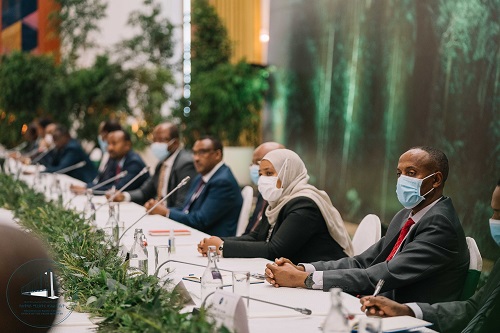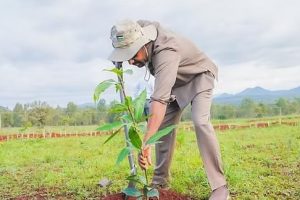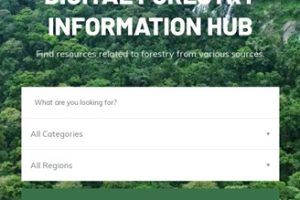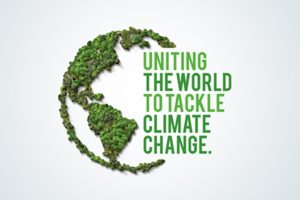
Speaking at the Climate Vulnerability Forum with the Prime Minister of Bangladesh who is also President the Forum and to the world leaders in the summit President Sahlework Zewde stressed the global need to galvanize support and commitment for world leaders on the ambitious and vital goal of meeting the “Survival deadline”.
On the forum held last December 2020, she further stated that countries need to ambitiously respond to the ‘Survival Deadline’ for humankind. It marks a crucial deadline for responding to the gravity of the situations faced by more than 1 billion of the most vulnerable people living on the frontline of a worsening climate crisis. It also epitomizes our only chance to keep the 1.5 degrees Celsius goal of the Paris Agreement within reach.”

Launching the 2021 rainy seasons national “Green Legacy” initiative on May 18, with a theme of ‘Greening Ethiopia’, Prime Minister Abiy Ahmed stated as Ethiopians, our lives are strongly intertwined with trees and forests. “Today (18, May 2021) as we launch the 2021 edition of Green Legacy initiative, we refer to the four year challenge we set in 2019, aimed at addressing the consequences of environmental degradation and climate change.”
Preventing flooding, food insecurity, environment related conflicts and other adverse effects is in our hands. When I call upon all Ethiopians to “Adorn Ethiopia” the call is to cover our nation Green; to see beyond lines of division – regional, ethnic, religious, sex – and in unity dress Ethiopia with the prosperity and dignity the people of this great nation deserve.
This year’s planting takes place under the motto “Let’s Adorn Ethiopia”. Following the planting of 5 billion seedlings last year, Ethiopia will plant some 6 billion seedlings in this round. An additional 1 billion seedlings will be sent to neighbouring countries to start a regional effort towards a green Africa. Planting will begin today in rain-fed areas while areas that do not get rain regularly will start taking preparatory measures.
To this end, discussions were held during the launch focused on restoring the country’s greenery, eliminating erosion and pollution, reducing conflicts that arise due to environmental degradation and reduction of natural resources, supporting the agricultural sector, and the economy. Prime Minister Abiy called on all Ethiopians to come in unison in covering the nation green, seeing each other beyond lines of division.
Deputy Chief of the Oromia Regional State Addisu Arega for his part said recently that more than one billion coffee plants are being planted this summer as part of the Green Legacy campaign. If coffee is growing in the natural habitat in a fair way, it shows that it’s possible to grow high-quality coffee through research and irrigations schemes, he said.
The coffee that is being planted now has been proven by experts that it will start producing products within two years and yields 25 to 30 quintals per hectare. “In Oromia zone we have realized that it is possible to expand coffee development and change the lives of our farmers and contribute to the ecological protection at the same time”.
With the world beginning to emerge from the COVID-19 pandemic, there is increasing recognition that healing from the pandemic is linked to healing the planet, according to the themes echoed during the World Environment Day.
Resetting humanity’s relationship with nature was the focus of World Environment Day on June 5, which also marks the launch of the UN Decade on Ecosystem Restoration, a ten-year global push to prevent, halt and reverse ecosystem degradation.
“It’s easy to lose hope when we think of the sheer magnitude of the challenges we face and the avalanche of bad news that we wake up to every morning,” said Inger Andersen, Executive Director of the United Nations Environment Programme (UNEP). “But just as we caused the climate crisis, the biodiversity crisis and the pollution crisis, we can reverse the damage that we’ve done; we can be the first generation to reimagine, to recreate and to restore nature to kick start action for a better world.”
This year, Pakistan is the host country for World Environment Day and showcasing its own restoration initiatives, such as its Ten Billion Tree Tsunami Project, which aims to plant 10 billion trees by 2023. Pakistan, which is one of the countries most at risk from climate change, has also launched an Ecosystem Restoration Fund to support nature-based solutions to climate change.

Nature can and must be part of the solution as international momentum grows to decarbonize all sectors of our economies. Ecosystem restoration can help protect and improve livelihoods, regulate disease, reduce risk of natural disasters and contribute to the achievement of the Sustainable Development Goals by 2030.
A recent UNEP report found that the economic benefits of ecosystem restoration are compelling. Between now and 2030, the restoration of 350 million hectares of degraded terrestrial and aquatic ecosystems could generate US$9 trillion in ecosystem services and remove up to 26 gigatonnes of greenhouse gases from the atmosphere. The economic benefits are ten times more than the cost of investment, whereas inaction is at least three times more costly than ecosystem restoration.
Pandemic recovery plans offer a once-in-a-lifetime opportunity to chart a new path by shifting investments towards a “restoration economy” that can provide millions of green jobs. On June 5, people around the world had showcase their efforts to restore the natural world, from tree planting in India to beach clean-ups in Hong Kong and community clean-ups in Kenya. Many more are joining in on social media, taking part in the Snap Challenge to show how they will change behaviours to be part of Generation Restoration .
BY HAFTU GEBREZGABIHER
The Ethiopian Herald June 5/2021





